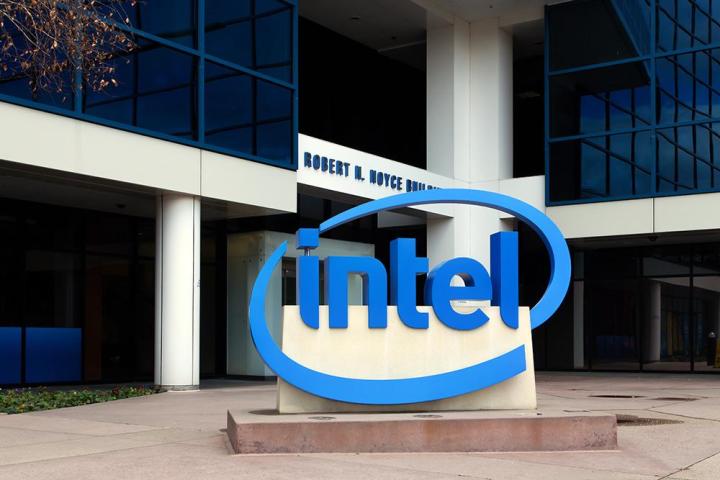
“Intel estimates the vehicle systems, data, and services market opportunity to be up to $70 billion by 2030,” Intel stated in March. “The transaction extends Intel’s strategy to invest in data-intensive market opportunities that build on the company’s strengths in computing and connectivity from the cloud, through the network, to the device.”
The deal will combine Mobileye’s computer vision technology with Intel’s computing and connectivity assets spanning artificial intelligence, machine learning, data centers, localization, and mapping, and so on. In other words, Intel has positioned itself to provide autonomous driving services connecting the car to the cloud that are expected to “transform” the autonomous driving market.
In a message to employees, Intel CEO Brian Krzanich said Mobileye’s technology will be paired with Intel’s Xeon processors, its new 3D XPoint memory, modems capable of 5G connectivity, and the company’s FPGAs, which are integrated circuits that can be programmed by customers in the field. According to Krzanich, the acquisition “merges the intelligent eyes of the autonomous car with the intelligent brain that actually drives the car.”
“Many of you have asked why we think autonomous cars and vehicles are so important to Intel’s future. The answer is data,” he said in his letter. “Our strategy is to make Intel the driving force of the data revolution across every technology and every industry. We are a data company. The businesses we focus on, and deliver solutions to, create, use and analyze massive amounts of data.”
Krzanich said the average autonomous car generates around four terabytes of data per day, which is the equivalent of the data generated by around 3,000 people per day. Thus, if 1 million autonomous cars are on the road, the generated data each day is equivalent to “half the world’s population.” That is an insane amount of data and Intel believes it can handle all of that while also providing high-performance, cost-effective autonomous driving services.
In a separate letter, Mobileye senior management told employees that once the acquisition is complete, Intel’s Automated Driving Group (ADG) will be integrated into Mobileye. Serving as a new subsidiary, Mobileye and the new ADG employees will be headquartered in Jerusalem, Israel. Mobileye was founded in 1999 by Ziv Aviram and Amnon Shashua, who will continue to run the company.
As a result of the $15.3 billion deal, Intel now owns 84 percent of Mobileye’s outstanding ordinary shares.
“Leading in autonomous driving technology requires a combination of innovative proprietary software products and versatile open-system hardware platforms that enable customers and partners to customize solutions,” Shashua noted in a statement. “For the first time, the auto industry has a single partner with deep expertise and a cultural legacy in both areas. Mobileye is very excited to begin this new chapter.”
Update: Intel has now completed its acquisition of Mobileye.
Editors' Recommendations
- Cruise autonomous vehicle drives over woman just after she was hit by another car
- From Paris to NYC, Mobileye will bring self-driving cars to metropolises
- Ford reveals the vehicle destined for its autonomous-car services
- MIT’s shadow-watching tech could let autonomous cars see around corners
- Waymo shows kids its autonomous cars in what it hopes will be a two-way street


